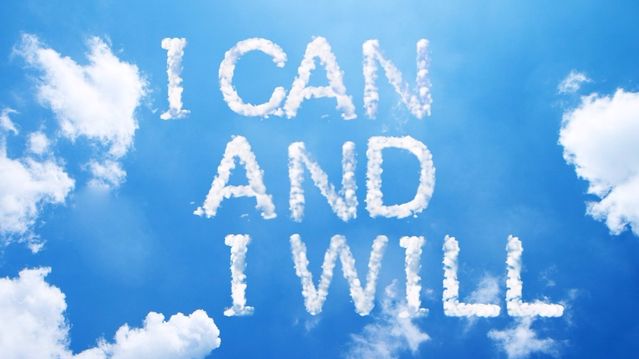Self-consciousness is one of the characteristics of an adult human being, more often than not, an undesirable one.
In our typical dualistic mode of thinking, self-consciousness immediately assumes an entity which is aware of a ‘separate’ object of awareness. We call this the dualistic mode of thinking (Dvaita-siddhant).
It is this dualistic mode of thinking which extends itself into the aspect of self-control. Here, let us take the case of a person with an anxious disposition trying to control his habit of ‘worrying’. In the dualistic model, we divide ourselves into two parts and tend to believe that one part of ours is supposed to & can surely control the other part of ours.
This takes us into an interesting situation. As long as the controlling part succeeds in controlling the controlled part, this dualistic model works absolutely fine. But when the controlling part fails to control the controlled part, who then will upgrade the capacity of the controlled part? It will require some other controller, right? And then this controller when it fails will need yet another controller and this way ad infinitum.
It is here that the dualistic model of control falls flat into its face. In this model of self-control, one is only caught in a paradox and gets involved in a ‘double bind’. A ‘double bind’ is that complex situation when one is badly required to do something but at the same time just cant do it, as is seen in its most exaggerated form, in the case of an alcoholic.
Reverting to our earlier example, this ‘double bind’ would mean that this anxious person has been endeavoring to get over his habit of worrying for years, but in vain. if you insist a worrying person that ‘worrying’ is bad and it can cause heart disease and hence he should control his worry, you are only adding fuel to the fire.
Not only is he unable to control his worry but he will now also worry about the fact that he is ‘worrying and will soon get heart disease’. Isn’t it so? An angry man when is unable to get over his anger after repeated efforts only becomes more angry, this time the cause of his anger being the fact that he is unable to control his anger. Ironically, self-control, as we normally perceive and practice it (from the dualistic mode of thinking) only aggravates the problem.
Sadly most of the religions of the world profess such self-control without empirically verifying whether it ever works. In the name of self-control, they only promote repression and leave a person much more divided than before.
Anyways, but the question yet remains: if we can’t ‘control’ our own selves, then are we trapped for good? No, not at all. Let us see how this stale-mate can then be resolved.

This stale-mate can only be resolved in the unitary way of thinking (Advaita-siddhant) as is evident in the word self-control which means the self-controlling-itself. A mind conditioned to think along the lines of duality finds the aspect of self-controlling-itself almost inconceivable. With the dualistic frame of mind, this may look to us as an impossibility just like a finger pointing at itself.
When can such self-controlling-itself happen? This can happen only when the ‘two’ cease to exist. As long as there is one part of us ‘controlling’ or ‘resisting’ another part of us, we tend to exist as ‘two’. All resistance is based on the tacit hypothesis that ‘one’ part of ours can control the so-called ‘another’ part of ours. In such a case, we land up in the predicament described above.
It is here where the virtue of self-acceptance comes in. Isn’t it quite obvious that in ‘acceptance’ we no longer exist as ‘two’ – because there is no longer ‘one’ part of ours which is trying to ‘resist’ or ‘control’ the other part of ours. Hence acceptance alone can convert ‘two’ to ‘one’. Once the ‘two’ becomes ‘one’ there is no possibility of getting into the loop of multiple controllers, as we saw earlier.
Once you self-accept, you are becoming like that cushion or spring which is letting itself absolutely loose and vulnerable. Just like the cushion or spring, the human organism has tremendous elasticity and its tremendous powers of absorption and ‘bouncing back’ come into play. It is precisely this ‘bouncing back’ which resolves the stale-mate.
An alcoholic or an abnormally anxious person has created a tremendous karma of resisting his lot in life. He must first actively and totally accept his lot and his life-situation just about the way it is. Such total active acceptance will itself unfold further possibilities of ‘bouncing back’ to life.
Self-acceptance is nothing but relinquishing our resistance or our sense of control. Hence, just like the cushion or spring, paradoxical though it may sound, it is relinquishing our sense of control alone that can lead us to true self-control.
